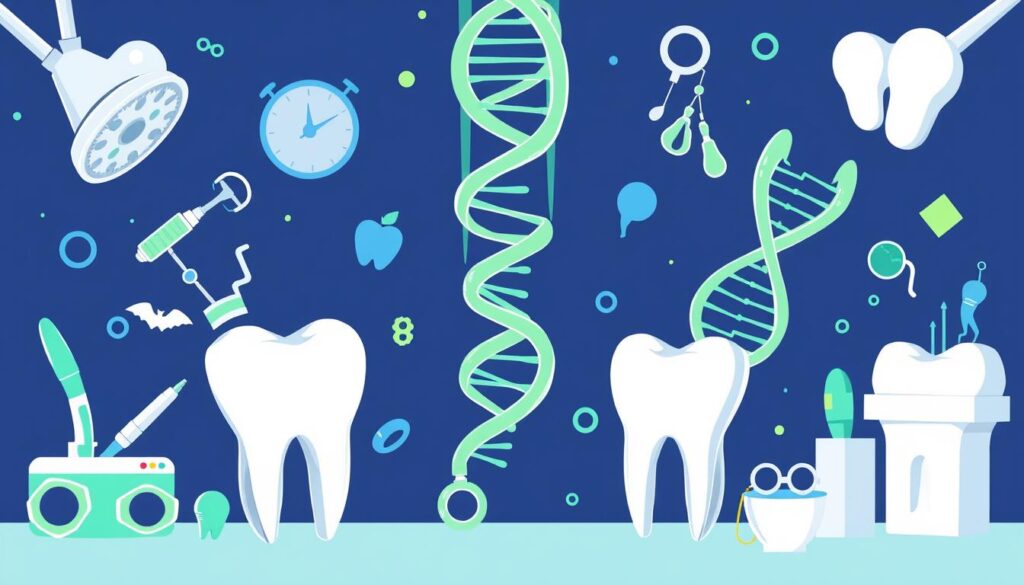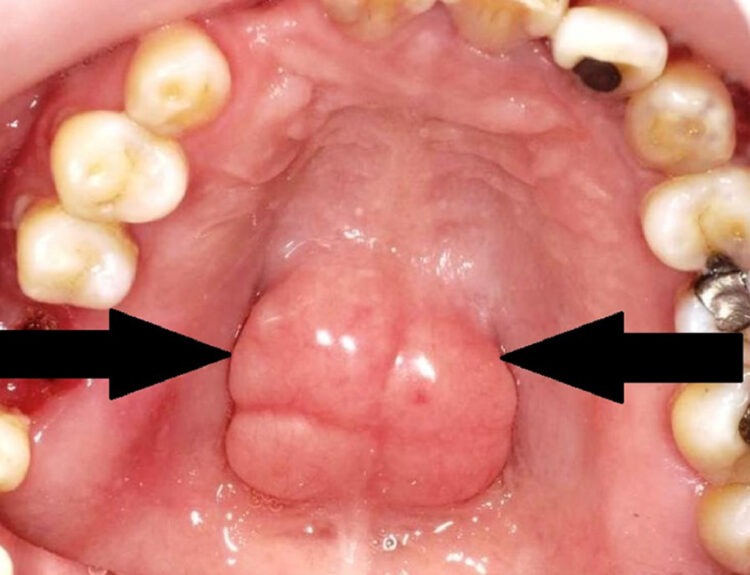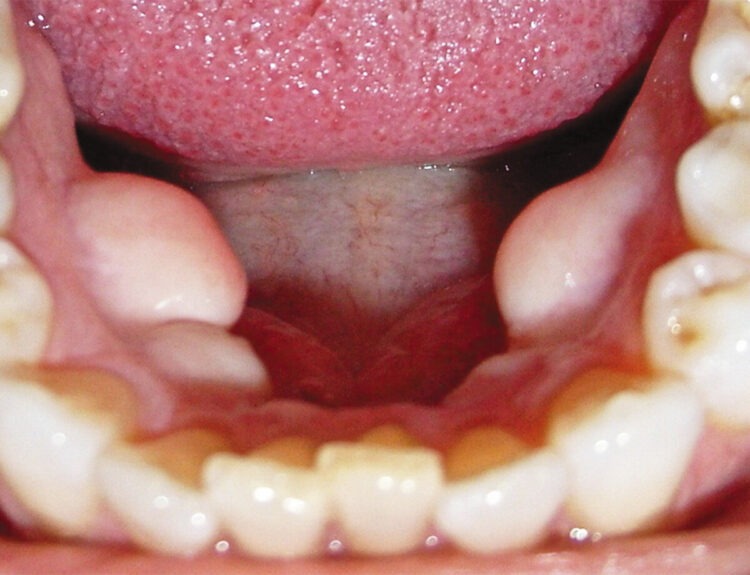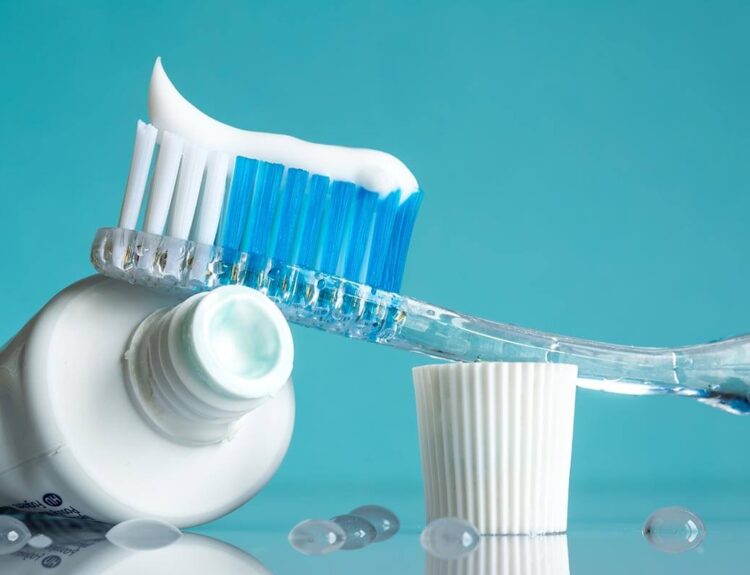In the rapidly advancing field of genetics, few discoveries have sparked as much excitement as CRISPR. It stands for “ Clustered Regularly Interspaced Short Palindromic Repeats.” It was first discovered as part of the natural immune defense mechanism in bacteria. Its utilization in the field of medicine is well recognized and documented. It suggests that genetic control of disease, rather than symptomatic treatment, could become a standard of future healthcare. Researchers are using it to treat conditions like sickle cell anemia, muscular dystrophy and cystic fibrosis by correcting the underlying genetic mutations. In Cancer Therapy, CRISPR is helps to reprogram immune cells to better attack cancer cells. It offers possibilities of editing animal genes to grow human-compatible organs for transplantation. Scientists are experimenting with CRISPR-based antiviral therapies against HIV, hepatitis, and even COVID-19.
CRISPR and the Future of Oral Health
It application in dentistry will fundamentally transform existing treatment methods.
1. Preventing Genetic Dental Disorders
Several congenital conditions affect teeth and oral tissues. They include defective Enamel or Dentin formation, Missing teeth and Cleft lip and palate. With CRISPR, scientists may soon be able to correct these genetic defects before birth or in early childhood.
Imagine a future where a genetic test reveals a mutation causing enamel weakness, and a simple CRISPR-based therapy fixes it, preventing lifelong dental sensitivity and decay. Such interventions could significantly improve oral function, aesthetics, and psychological well-being, especially for children born with craniofacial syndromes.
2. Combating Tooth Decay
Tooth decay is primarily caused by bacterial species such as Streptococcus mutans, which produce acids that erode tooth enamel. CRISPR could be used to selectively target and disable the genes in these harmful bacteria, reducing their ability to form dental plaque or produce acid, without harming beneficial bacteria that maintain oral balance.
Researchers have already developed CRISPR-based antimicrobial. If such treatments are adapted for the oral cavity, dental caries and gum diseases could be dramatically reduced without conventional antibiotics or harsh antiseptics.
3. Regenerating Oral and Dental Tissues
One of the most exciting frontiers in dental research is tissue regeneration, restoring lost tooth structure, gum tissue or bone. CRISPR could enhance this field by activating or silencing genes that control stem cell differentiation. An example will be stimulation of genes involved in enamel formation. It could help regenerate natural enamel instead of using artificial fillings. Similarly, regulating genetic pathways could promote bone and periodontal ligament regeneration in patients with advanced gum disease or after tooth loss.
In the future, CRISPR could even help grow new teeth using a patient’s own stem cells, effectively eliminating the need for dental implants or dentures.
This could revolutionize prosthetic and restorative dentistry, shifting focus from replacement to biological repair.
4. Oral Cancer Research and Therapy
Oral cancers remain a major health concern, especially in South Asia where tobacco use is highly prevalent. CRISPR has potential to revolutionize both early detection and treatment of oral cancer. Identifying and editing mutations in cancer-related genes CRISPR could help in predicting cancer susceptibility.
CRISPR could be engineered to knock out oncogenes or activate tumor-suppressor genes directly within malignant cells, offering a level of precision far beyond chemotherapy or radiation. In animal, it has already shown promise in slowing or reversing tumor growth. It suggests that gene editing might one day become part of personalized oral cancer therapy.
5. Gum Disease Management
Chronic periodontitis, the inflammation of tissues surrounding teeth, has both bacterial and genetic factors.Identifying individuals genetically predisposed to an exaggerated inflammatory response, CRISPR could help modify the immune pathways involved. It, thereby reduces the severity of gum disease.
In addition, by modifying the genes of oral bacteria that trigger inflammation, CRISPR might offer a dual approach; controlling the microbes and the host’s inflammatory response.
Ethical and Safety Concerns
Despite its tremendous promise, CRISPR technology raises serious ethical, social, and safety concerns.
Off-target Effects: CRISPR may sometimes cut DNA at unintended sites, potentially causing harmful mutations.
Germline Editing: Changes made to embryos could be inherited by future generations.
Access and Inequality: High costs and limited availability could create inequality in healthcare and dentistry.
Ethical Dilemmas: Should we use CRISPR for enhancement like whiter or stronger teeth rather than medical necessity?
Therefore, before CRISPR becomes routine in clinical dentistry, strict ethical guidelines, regulatory supervision and long-term safety studies will be necessary.
CRISPR and Dental Research in the Coming Decade
The integration of genetic technologies in dental research is already underway. Some universities and biotech companies are exploring:
- CRISPR-edited oral probioticsto prevent cavities
- Gene-edited stem cellsto engineer tooth roots or pulp tissues
- Personalized dental treatment plans based on genomic profiling
- CRISPR-based biosensorsthat detect oral cancer or bacterial infections early.
The future dental clinic may therefore, combine genetic screening, preventive gene therapy, and regenerative procedures, providing truly individualized oral healthcare.
Read our full disclaimer.




